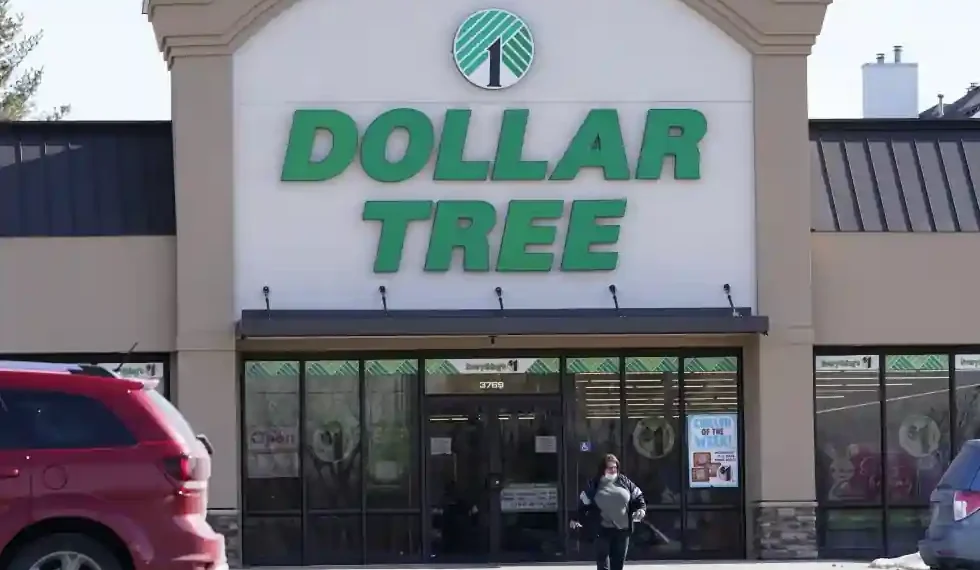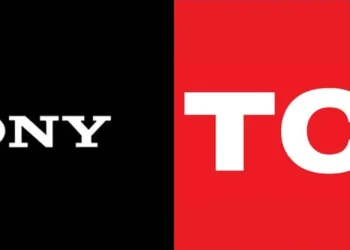Dollar Tree Sells Family Dollar for $1 Billion, Ending a Decade-Long Struggle
Dollar Tree Inc. has decided to part ways with Family Dollar, selling the bargain store chain to private equity firms Brigade Capital Management and Macellum Capital Management for $1 billion. This move marks the end of a decade-long attempt to integrate Family Dollar into its operations.
Dollar Tree originally purchased Family Dollar in 2015 for over $8 billion, acquiring more than 7,000 stores. However, the company has faced numerous challenges since the acquisition, including supply chain disruptions, poor store locations, and operational inefficiencies.
“Basically, Dollar Tree bit off far more than it could chew,” said Neil Saunders, managing director of GlobalData.
Last year, Dollar Tree announced plans to close hundreds of Family Dollar locations due to ongoing difficulties.
Family Dollar stores, which provide essential household goods at low prices, are largely located in underserved urban areas. The ongoing closures—and potential additional closures under new ownership—could significantly impact lower-income families who rely on these stores for affordable necessities.
Marshal Cohen, chief industry advisor at Circana, emphasized the impact, stating, “The lower-income consumer will be losing a critical place to purchase value products. They’re losing the breadth of the assortment, the depth of the discount, and the convenience.”
Independent stores in these areas typically offer fewer options at higher prices, making the loss of Family Dollar locations even more significant for these communities.
Dollar Tree had been exploring options for Family Dollar for some time. CEO Mike Creedon, who was appointed permanently last year, said the sale aligns with the company’s long-term goals.
“This is a major milestone in our multiyear transformation journey to help us fully achieve our potential,” Creedon said.
During a conference call, he noted that Dollar Tree and Family Dollar were “two different businesses with limited synergies.” The sale will now allow each to focus on its distinct operations.
Dollar Tree primarily caters to middle-income shoppers and is typically found in suburban areas. Its product selection leans toward seasonal goods, party supplies, crafts, and snacks. Analysts believe the sale will help Dollar Tree sharpen its focus.
“Family Dollar turnaround efforts had been consuming massive amounts of both management focus and financial resources, and now the company can focus all of its efforts toward growing and optimizing Dollar Tree,” said Scot Ciccarelli, an analyst at Truist Securities.
Following the sale, Family Dollar will continue to be headquartered in Chesapeake, Virginia. However, new owners Brigade and Macellum will need to address key challenges, including pricing competitiveness and a lack of customer loyalty.
Saunders noted that Family Dollar’s pricing isn’t as competitive as some of its rivals, which has weakened its appeal.
The deal is expected to close in the second quarter of 2025.
With the sale finalized, Dollar Tree can now focus on expanding its core business. The company has also observed an increase in higher-income customers seeking cost-effective shopping options.
“We are seeing stronger demand from higher-income customers who increasingly see Dollar Tree as a cost-effective source for an expanding range of products,” Creedon said.
However, Dollar Tree faces new challenges, including rising tariff risks. Due to its higher concentration in general merchandise, the company is more exposed to tariffs on Chinese imports than Family Dollar was. Recent tariff hikes, including a 10% increase announced last month and additional tariffs on goods from Canada and Mexico, could impact profitability.
Creedon reassured investors that Dollar Tree has been taking steps to mitigate these effects by negotiating cost concessions and diversifying its supply chain.
Despite concerns, investors responded positively to the sale. Shares of Dollar Tree rose 3% on Wednesday following the announcement.
This article was rewritten by JournosNews.com based on verified reporting from trusted sources. The content has been independently reviewed, fact-checked, and edited for accuracy, neutrality, tone, and global readability in accordance with Google News and AdSense standards.
All opinions, quotes, or statements from contributors, experts, or sourced organizations do not necessarily reflect the views of JournosNews.com. JournosNews.com maintains full editorial independence from any external funders, sponsors, or organizations.
Stay informed with JournosNews.com — your trusted source for verified global reporting and in-depth analysis. Follow us on Google News, BlueSky, and X for real-time updates.













